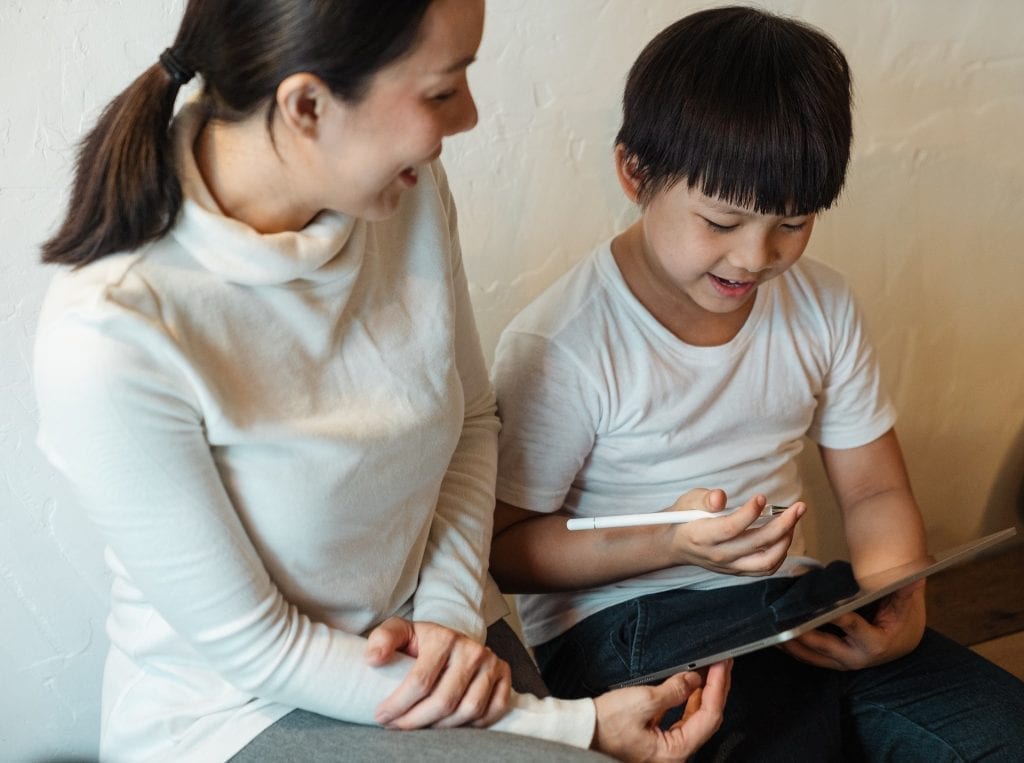There are plenty of reasons to learn another language, from pursuing a career in translation services to helping keep your brain active as you age. If you’re considering learning a language, perhaps just wondering which are the best languages to learn in 2020 or have a firm language-learning goal in mind, there are many rewards to be reaped by expanding your linguistic capacity. Here are five of them.
Escape the COVID-19 pandemic – without using translation services
The world changed considerably as 2019 rolled into 2020. The COVID-19 pandemic altered everything from the way that we socialise to the way that we shop and eat.
Different countries dealt with the pandemic in different ways, with their decisions directly impact the number of those infected with the novel coronavirus. Some countries were able to contain the outbreak far more effectively than others.
As such, the idea of learning a new language in order to escape COVID-19 and future pandemics has become far more attractive. Which countries have only seen minimal impact from the pandemic? If you’re looking for a language to learn, why not set your sights on one of those? Learn the language, find yourself a home with enough land to grow plenty of fruit and vegetables and you may end up feeling a great deal more secure!
Become your children’s personal translation company
What better way to foster a love of language in your children than joining them on a learning journey? Many children have the opportunity to learn one or more languages while at school. Why not use their opportunity as your own and learn the same language? You’ll be able to help with their homework and act as a mini translation company for them when they come across tricky words – as well as enjoying the chance to learn something new yourself.
Modern life can be hectic, so finding different ways to spend time with your children can benefit the whole family. Going on a learning journey such as this together can end up being a cherished adventure – and it certainly beats helping with complex equations!

Use language to make friends around the world
The internet is an incredible resource when it comes to connecting with people, as the isolation and social lockdown that has characterised the first half of 2020 has shown. Yet without a translation company on hand to assist, language barriers can still get in the way for connecting with those who speak different languages (automated social media translations and machine translation such as Google Translate is still far from perfect).
As such, why not use learning a new language to cut out the need for translation services and make friends around the globe? We may not be able to travel with the freedom that we used to, but that doesn’t mean that other countries are closed to us entirely. Countries around the world have become united by the global nature of the COVID-19 pandemic, so why not build something positive out of that experience?
Connecting with people overseas is also an ideal way to help you develop your language skills, so the learning and the friendships end up complementing each other. By befriending native speakers of the language that you’re learning, you’ll also get up to speed with popular culture references and internet slang – precisely the kind of learning that you don’t tend to find in academic language-learning textbooks!
Increase your cultural awareness through translation and localization
Being open to increasing the number of languages that you speak signals an inherent openness to learning about other cultures. After all, you have to understand cultural attitudes and concepts in order to truly appreciate another tongue. Otherwise things get lost in translation.
Take the word “saudade” in Portuguese. The definition in English is, “a feeling of longing, melancholy, or nostalgia that is supposedly characteristic of the Portuguese or Brazilian temperament.” There is no equivalent word in English. Therefore, the language learner needs to localize the concept in order to understand it – and increase their understanding of Portuguese culture in the meantime.
One study on the impact of global English on language diversity considered the importance of the links between language and culture, asserting that, “Once we fail to develop our languages, our culture and world view gradually declines towards extinction.”

Develop your culinary skills through recipe translation
If you’re passionate about food from another culture, there’s good reason to learn that country’s language. Why rely on the few recipe translations that happen to be available online, or on suspect machine translations? By learning the language in question, you can access every recipe – whether online or in classic printed collections – from that entire culture.
Being able to translate and cook from the instructions in another language, without the need for a translation service in between you and the recipe, opens up a whole new range of culinary experiences.
How long does it take to learn a new language? That depends on the language in question but remember that learning a language sufficiently to cook in it doesn’t mean speaking it fluently. Make food your focus and you can quickly pick up enough sufficient translation skills to follow basic recipes. Your language and culinary abilities can then advance hand in hand!
Whether you want to appreciate another country’s cuisine or its culture, learning the local language provides a whole host of benefits. Of course, some languages are harder to learn than others.
What is the easiest language to learn? For English speakers, the Foreign Service Institute ranks Afrikaans, Danish, Dutch, French, Italian, Norwegian, Portuguese, Romanian, Spanish and Swedish as the languages requiring the fewest classroom hours. So, if you’re simply looking to keep your brain active, any of these would make a good starting point.
If, on the other hand, you have a specific language in mind and can relate to one (or more!) of the reasons above, then it’s time to get serious. Language-learning can be an incredibly enjoyable and enriching experience. Why not broaden your linguistic and cultural horizons and start learning today?



